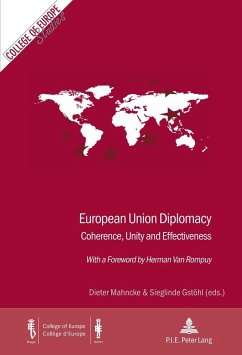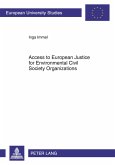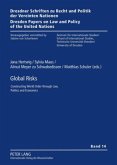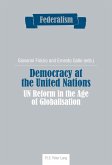This volume looks at the changing goals and instruments of European Union diplomacy and examines the reforms of the Lisbon Treaty and their effects on the unity and coherence of EU external action.
The authors analyse institutional questions, particularly about the European External Action Service (EEAS) and the role of other EU actors in European foreign policy, and explore recent examples of EU multilateral, bilateral and unilateral diplomacy as well as the external perspective of third actors.
The study concludes by investigating the current and future training of the Union's diplomats, which aims to prepare them for an effective EEAS. Will the implementation of the Lisbon Treaty reforms make the EU fit for the future? Can a common European foreign policy ensure that European interests are taken into consideration and that European values shape international relations? Will the European Union be an actor or an object on the international stage in the coming decades?
The authors analyse institutional questions, particularly about the European External Action Service (EEAS) and the role of other EU actors in European foreign policy, and explore recent examples of EU multilateral, bilateral and unilateral diplomacy as well as the external perspective of third actors.
The study concludes by investigating the current and future training of the Union's diplomats, which aims to prepare them for an effective EEAS. Will the implementation of the Lisbon Treaty reforms make the EU fit for the future? Can a common European foreign policy ensure that European interests are taken into consideration and that European values shape international relations? Will the European Union be an actor or an object on the international stage in the coming decades?








